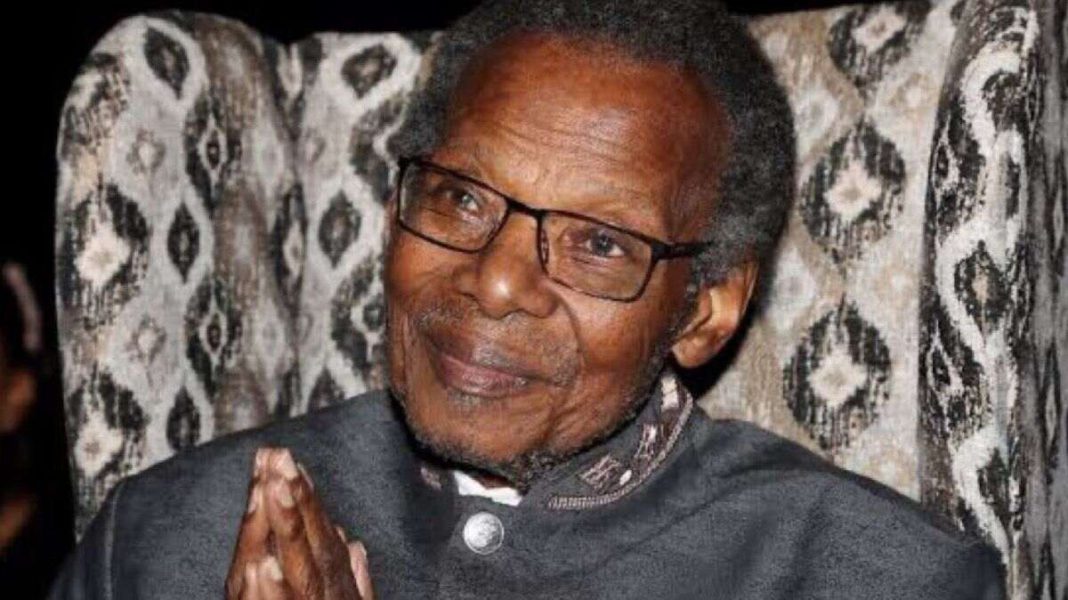SOUTH AFRICA: South African politician and Zulu prince Mangosuthu Buthelezi has passed away at the age of 95. He was a divisive figure during the apartheid liberation war and served as Minister of Home Affairs in the post-apartheid administration.
President Cyril Ramaphosa expressed his profound sorrow over the passing of Prince Mangosuthu Buthelezi, who was the Prince of KwaPhindangene, Traditional Prime Minister to the Zulu Monarch and Nation.
Buthelezi, a former president of South Africa, was hospitalized for back discomfort after an operation in July. He founded the IFP in 1975 as a national cultural movement, which later evolved into a political force KwaZulu-Natal. His party faced violent conflicts with the ANC in the 1980s and 1990s. In 1994, he ran in the first post-apartheid election, ending the conflict and putting Nelson Mandela and the ANC in power.
The Nelson Mandela Foundation highlights the numerous connections between Buthelezi and Mandela, highlighting their shared understanding of reconciliation. They emphasize that reconciliation doesn’t require forgiveness, forgetting the past, or learning to like each other; it’s about determining how to get along with one another.
South Africa’s main opposition Democratic Alliance (DA) party described Buthelezi as a defender of his people. He was a key figure in the fight against apartheid, faced significant violence and conflict with the ANC before South Africa elected its first Black leader.
Buthelezi was considered a war lord by his critics, but to his legions of supporters in the rural Zulu heartland, he was a visionary.
While Inkatha was engaged in confrontation with the ANC for ten years prior to the end of white rule in 1994, Buthelezi, clothed in leopard skins and carrying a short silver-topped stick, was a common sight at rallies.
Fighting broke out in KwaZulu and in men’s hostels constructed to house migrant labourers who worked in the gold mines close to Johannesburg, resulting in the deaths of almost 20,000 people and the displacement of hundreds of thousands from their homes.
As Minister of Home Affairs, Buthelezi faced corruption and inefficiency, stating it was difficult for President Thabo Mbeki to have him in the cabinet. He was also chosen for non-political tasks.
Buthelezi, a long-serving politician, remained IFP president until 2019. He was known for his long speeches, and his political involvement at the ANC Youth League led to his expulsion from Black University of Fort Hare. His political influence was further developed in KwaZulu “Bantustan,” a self-governing homeland where most Black South Africans were imprisoned under apartheid.
Zulu leader Buthelezi, appointed chief minister of KwaZulu in the 1970s, attempted to balance independence, racial policies, and homeland farce. However, ANC leaders tried to court him, leading to grassroots opposition and violence in Johannesburg and KwaZulu-Natal.
In 1994, IFP leader Buthelezi threatened to boycott the election but backed down after mediation. He served as a minister and acting president, but the ANC eroded IFP’s support with infrastructure rollouts, including tarred roads and water to disadvantaged rural Zulus.
Also Read: Two South African Defence Force Pilots Killed In Plane Crash



